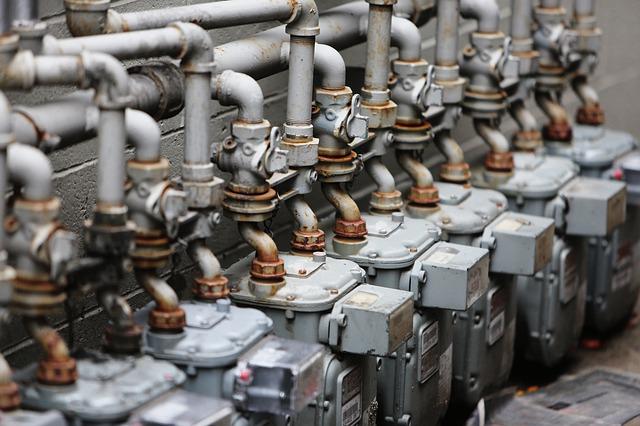In case you missed it see what’s in this section
Let's Talk

How can you become a gas engineer?
Becoming a trusted engineer on the Gas Safe Register opens doors to a lasting, stable career. This certification essentially means that you’re fully qualified to undertake work with gas appliances in both domestic and industrial settings.
In the UK, gas engineers are in high demand. Read on to find out more about getting trained up as a gas engineer and applying the specialist skills you’ll pick up along the way in this career.
Why does the UK need more gas engineers?
In the wake of the pandemic, the economy is rebounding. With stronger growth than expected, it’s a fantastic time to explore new jobs in trade – or even start your own business. If you lack specific vocational skills, it’s never too late to get trained as gas engineer.
According to statistics from the Health and Safety Executive, an estimated seven people die every year from carbon monoxide poisoning as a direct result of improperly installed, poorly ventilated or ill-maintained gas appliances and flues. So, there’s always a need for knowledgeable gas engineers to ensure that household repairs can be undertaken safely.
Does every gas engineer need their own tools?
The right tools are a necessity if you’re going to be working with gas. From gas detectors to a blow torch, you’ll need quality tools to work as safely and productively as possible. Plus, you’ll be able to work with optimum efficiency with the right kit, reducing the risk of accidents or injuries.
How long does it take to qualify as a gas engineer?
The fastest way to become a gas engineer is to undertake a fast-track gas training course. Ideal for those looking to start work quickly without compromising on the quality of the content, an intensive course will quickly get you on your feet. You’ll just need to expect to fund it yourself and prepare to study hard for at least 26 weeks.
It’s also possible to start your training as a gas engineer by becoming an apprentice, meaning you’ll be working alongside experienced staff and learning on the job. This path takes a lot longer but is a great option for beginners.
Should I start my own business?
Once you’ve finished your training, there’s no hard and fast rule that says you should launch your own company straight away. If you opt to work for another employer first, working alongside experienced engineers will help you to gain valuable experience and individual insights and techniques. Good luck!
Weather in Swindon
Listings



















